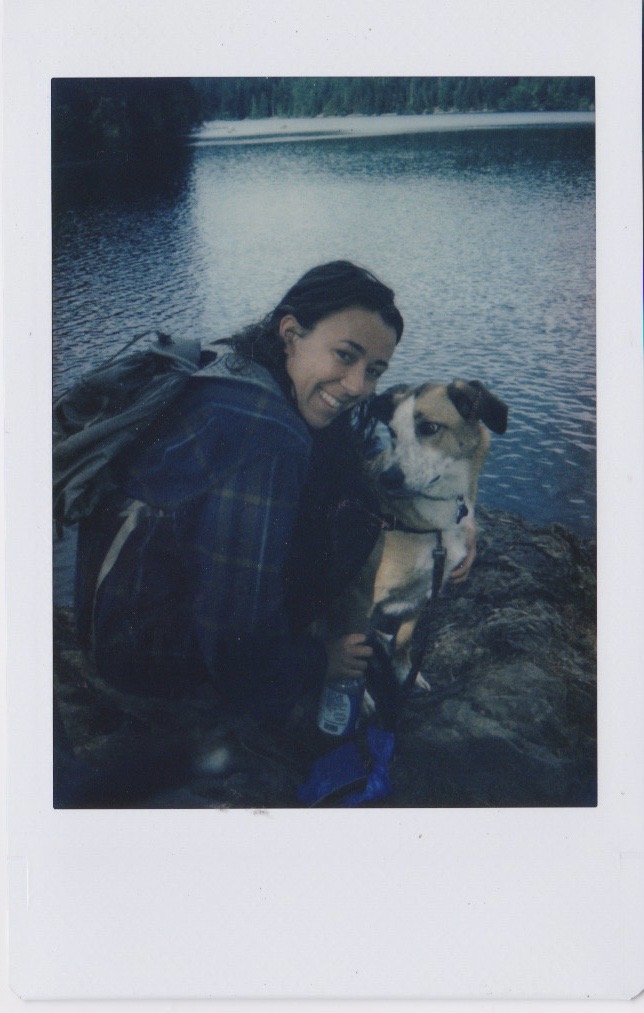
Mass incarceration rates have increased exponentially in the United States. In 1980, approximately 500,000 people were incarcerated, cut to 2015, where the population of incarcerated people jumped to 2.2 million.
Awareness of mass incarceration and the injustices endured by many people (especially people of color) has spread through popular media. A Netflix documentary called 13TH, addressed the history of criminalizing African Americans in the U.S. The book-made-movie, Just Mercy by Bryan Stevenson, highlighted racial disparities in America’s modern criminal justice system. Addressing mass incarceration is now an agenda item on many democratic political campaigns, including candidates Bernie Sanders and Elizabeth Warren. Sanders, who is currently one of the top two candidates in the Democratic primaries, has been an early critic of mass incarceration and vows to decrease prison population by half and reform the prison industrial complex. Mass incarceration is a huge social issue, that will (hopefully) be addressed by country leadership in the near future.
While we wait for big political changes, it’s clear that we should care about the many people behind bars now. Fortunately, there are programs at work aiming to bring love and healing to people in prison. One in particular involves our furry (albeit slobbery) friends.
Puppies Behind Bars
A program called Puppies Behind Bars enables and trains prison inmates to raise puppies into service dogs. The inmates are paired with a puppy at just 8 weeks old, and are tasked with training and caring for their pups. For two years, the dogs sleep, eat, and learn with their trainers. Upon successful graduation, the dogs are given as service dogs to people in need, like veterans suffering from PTSD. Not only do the trained service dogs heal the lives of the people they end up serving, but the people who trained them too.
How Dogs Heal
Those with a dog in their life, know first-hand the unconditional love and kinship they provide. No matter who you are or how much money you make, with proper love and care, dogs will still look at you like you’re the best thing on this planet.
I’m lucky to know the feeling. When I visit my parents at home, no one greets me with as much enthusiasm as our family dog, Nali. Even if I have a rough week, or make a mistake at work, Nali doesn’t care. She’s just ecstatic that I’m home to play and throw the frisbee with her. Her playfulness, love, and overall adorableness have provided me more comfort than words can capture.
There’s no doubt dogs are healing. Petting a dog has been shown to release oxytocin in both the human and the dog. Research also shows that dogs can lessen depression, enhance social skills, reduce stress, boost immunity, and even support heart health. And of course, they provide unconditional love.
So what about people who’ve had a rougher time and made a bigger mistake? Some people find themselves with a mistake or situation dire enough to land them in prison. Can dogs still offer these people unconditional love?
This seems to be the case. For a person in prison, receiving unconditional love can be life-changing.
Quality of Life in Prison
Social withdrawal, alienation, and diminished self-worth are just some of the challenges people may face while in prison. Puppies Behind Bars has improved the quality of life for puppy raisers participating in the program.
Contribution to society
Through raising puppies, inmates are given an opportunity to do something good for others. No matter what mistake they might have made in the past, they get a chance to make a positive contribution to society.
“It’s more than just women and men in prison raising dogs, we are human beings and we are capable of changing and capable of giving back…” – Puppy raiser [video]
Love
For some people in prison, giving and receiving love may be hard to come by. Raising dogs can help inmates reignite feelings of love and care for another living being.
“To care for something as precious as a puppy, it made me look at myself and say, ‘Wow, I can be loving, I can be responsible.’ It opened me up.” – Roberto Rodriguez, puppy raiser [video]
Why is this important?
Puppies Behind Bars provides healing benefits for all people involved. People in need receive valuable service dogs, and their trainers receive love and a positive outlet. Connecting people inside and outside of prison helps us remember that we really are the same, we are all human, and we all deserve love. Dogs certainly think so.
Seeing one another as human is the first step towards positive changes in the prison system. When we prioritize rehabilitation over punishment, the health and healing of the whole world can only improve.
How does looking at people in prison through the eyes of a puppy impact your perspective?
If you have time, I highly recommend watching the videos linked above to meet the faces behind this program and to see all the lives that have been touched. Warning, you may need tissues!
The author with her dog, Nali.

Also by Lindsay: I Tried Activating By Brain With Binaural Beats For Better Focus
Listen These Women-Led Finance Podcasts To Manage Money Like A Boss
Get more like this—Sign up for our daily inspirational newsletter for exclusive content!
__
Photo: Valerie Blanchett on Unsplash; Puppies Behind Bars; Lindsay Brave





